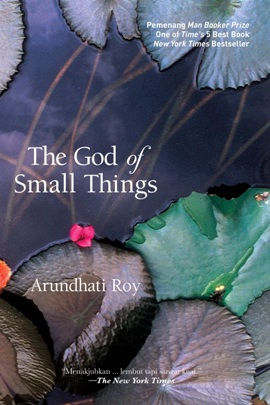

Velutha is a Paravan, considered an untouchable within the strict code of the country’s caste system. Among the rioters, the family thinks they see Velutha, a carpenter and general maintenance worker at the family’s factory. The family is horrified by the noisy, flag-waving crowd. On the way, the car is swarmed by a massive communist street parade. On the day the two are to arrive, the family loads up the car to attend a theater showing of The Sound of Music and then the next morning head to the airport to pick up Margaret and Sophie. Chacko invites his ex-wife and daughter to visit Ayemenem over the approaching Christmas holiday. When the twins are seven, Chacko receives word that Margaret’s second husband has been killed in a car accident. Divorced and a single mother, she is now a disgrace in the eyes of her conservative family. Shortly after Ammu delivers twins, she leaves her husband and returns home with her children. She marries Baba, a tea factory manager, who turns out to be a violent and abusive drunk. When the marriage crumbles-Margaret falls in love with another man and divorces Chacko-Chacko, charged up with revolutionary ideas about the workability of communism, returns home determined to make over the family’s struggling chutney business.Īmmu leaves for Calcutta when she is 17.


They marry and have a daughter they name Sophie. There, he meets a waitress named Margaret. Chacko fancies himself an intellectual and a bon vivant and departs to study political theory at Oxford. As teens, both Ammu and Chacko are eager to leave what they see as the dead-end life of their remote town of Ayemenem. The plot is grounded in the relationship between two sets of siblings in the Ipe family, first Ammu and her brother Chacko, and then Ammu’s fraternal twins, a boy, Esthappen, known as Estha, and a girl, Rahel.


 0 kommentar(er)
0 kommentar(er)
